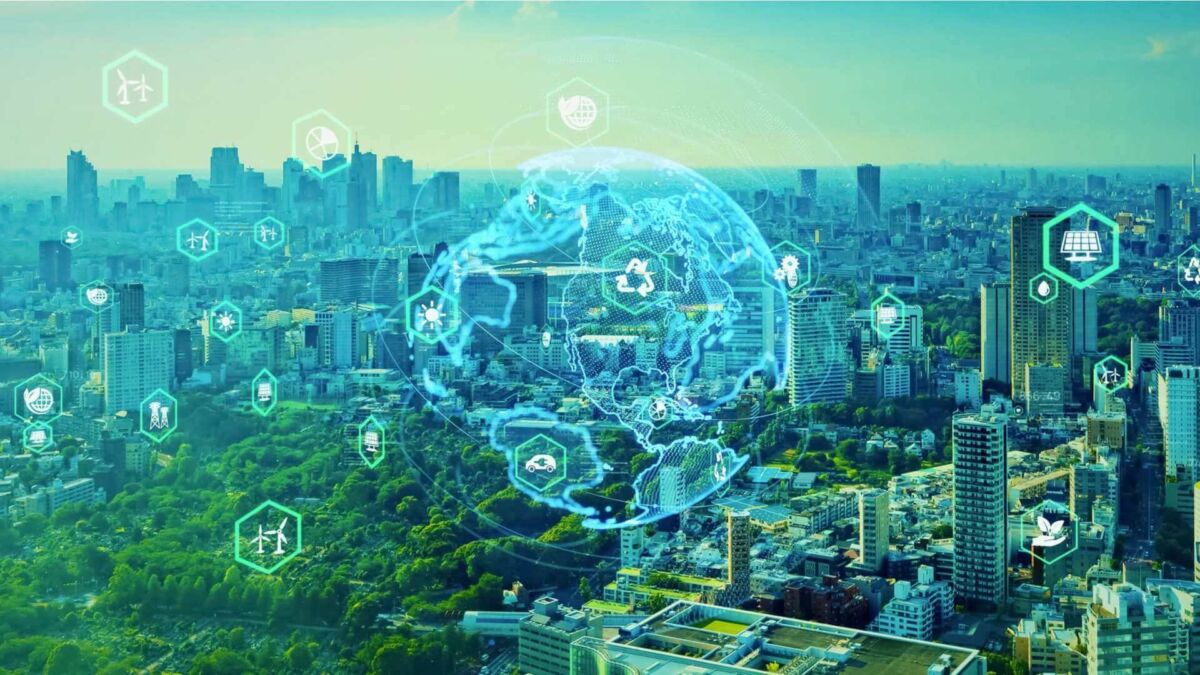
The revolution led byartificial intelligence has begun to bring into focus its implications on our environment, revealing an impact that can no longer be ignored. A new analysis, recently published from the scientific journal Joule, highlights that the use of AI by companies like Google could consume as much electricity as a small town. But what are the dynamics behind these energy consumptions and how can we mitigate this impact?
Topics of this article:
How much electricity does the use of artificial intelligence consume
If every Google search used artificial intelligence similar to ChatGPT, it could burn as much electricity as the entire country of Ireland does annually. The explanation behind this figure is that adding generative AI to Google Search increases its energy use more than tenfold, according to a recent analysis.
This data emerges forcefully from a paper published in the journal Joule, which begins to outline the possible ienvironmental impact of artificial intelligence as it permeates every corner of working life. Generative AI requires powerful servers, and the concern is that all this computing power could cause energy consumption to explode the carbon footprint of data centers.
What is the biggest environmental challenge?
Alex de Vries, the researcher who wrote the analysis and who previously brought attention on pollution resulting from cryptocurrency mining with his site Digiconomist, now turns towards AI. He claims it is still too early to calculate how much thermal pollution could be associated with new tools like ChatGPT and similar AI-driven apps.
However, he stresses that it's time to pay attention now, for avoid an uncontrolled explosion of emissions in the future. The key takeaway from the article, according to de Vries, is a call to action for people to be aware of how they are going to use AI. In essence, the researcher urges us to prevent now, instead of treating later. We already have experience of how dangerous it is to reach the limit point: after that, it is difficult if not impossible to recover.

Read also: DeepMind has the solution to prevent AI risks
Here are the effects of Google's use of artificial intelligence
Artificial intelligence already represented among 10 and 15% of Google's electricity consumption in 2021 and the company's AI ambitions have grown considerably since then. Just last week, Google presented new tools powered by artificial intelligence to reduce traffic emissions and prepare communities for climate change-related disasters.
Kate Brandt, Google's chief sustainability officer, said in a press briefing that “the energy needed to power this technology is increasing at a much slower rate than many forecasts predict“. But will it be true?
What the future holds
As for actual energy use, the paper proposes a more realistic scenario, calculating the potential energy consumption of the 100.000 AI servers that Nvidia is expected to ship this year.
Running at full capacity, those servers could consume 5,7 to 8,9 TWh of electricity per year, a figure that is “almost negligible” when compared to the estimated historical use of data center electricity, equal to 205 TWh per year, according to what he writes de Vries. However, that electricity consumption could grow exponentially if the popularity of AI were to continue to grow exponentially and if supply chain constraints were to loosen, the researcher adds.
If the current trajectory persists, and with a forecast that sees Nvidia shipping 1,5 million AI servers by 2027, we're looking at power consumption ranging from 85,4 to 134,0 TWh of electricity per year. This scenario rivals Bitcoin's energy hunger today, underlining the urgency of addressing the issue with due attention and sustainable strategies.
Through | The Verge








